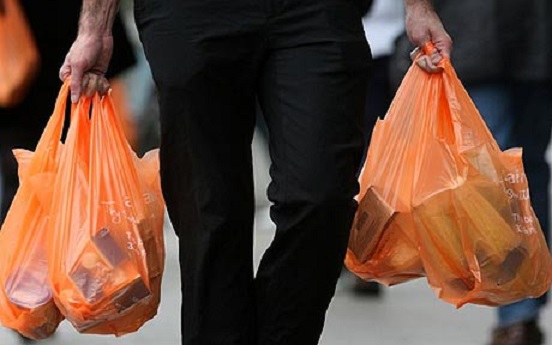Retailers and property owners have come together to develop an agreement to reduce the carbon emissions associated with retail properties, according to the British Retail Consortium (BRC).
The Retailer/Landlord Net Zero Building Protocol outlines principles for net zero retail sites and aims to set standards of sustainability between retailers and property owners according to the industry body.
The agreement is part of the BRC Climate Action Roadmap - released in November 2020 - which outlined a plan to transition UK retail to net zero by 2040, supported by over 75 retailers.
The BRC said the agreement will support businesses’ own commitments to reduce carbon emissions and align with the Government’s requirements for increased building energy efficiency.
The protocol covers two main areas: improving the energy efficiency of buildings and supporting greater use of renewable energy, both generation and procurement, within them.
In 2017, the full lifecycle of goods sold by the retail sector had a footprint of around 215 million tonnes of CO2-equivalent – 31 per cent of all greenhouse gas (GHG) emissions associated with UK consumption according to statistics cited by the BRC.
“The Net Zero Building Protocol is a great opportunity for retailers and property owners to work together towards a greener future,” said Helen Dickinson, chief executive of the British Retail Consortium. “The protocol is the first of its kind to address the sustainability of retail sites with an ambition to improve energy efficiency and embrace renewable energy.”
“Climate action demands cross-industry collaboration, and this protocol gives retailers and property owners the language and structure to create a greener property market.”
She added: “The commitments in the protocol, and in the BRC Climate Action Roadmap, will see the retail industry and its supply chain reach net zero emissions by 2040."
Latest News
-
Amazon launches Pay by Bank for UK customers
-
Superdrug to open 30 new stores in 2026
-
German regulator bans Amazon price controls and orders €59m repayment
-
Betsson Group completes procurement digitalisation project
-
Tesco on track to open 70 express stores including at former Amazon Fresh sites
-
Wayfair introduces flexible payment options for Canadian and UK customers
Beyond Channels: Redefining retail with Unified Commerce
This Retail Systems fireside chat with Nikki Baird, Vice President, Strategy & Product at Aptos will explore how unified commerce strategies enable retailers to tear down these barriers and unlock new levels of operational agility and customer satisfaction.
The future of self-checkout: Building a system that works for consumers and retailers
In this webinar, industry leaders discussed what the future of self-checkout looks like and how retailers can make the technology work for everyone.
© 2024 Perspective Publishing Privacy & Cookies










Recent Stories